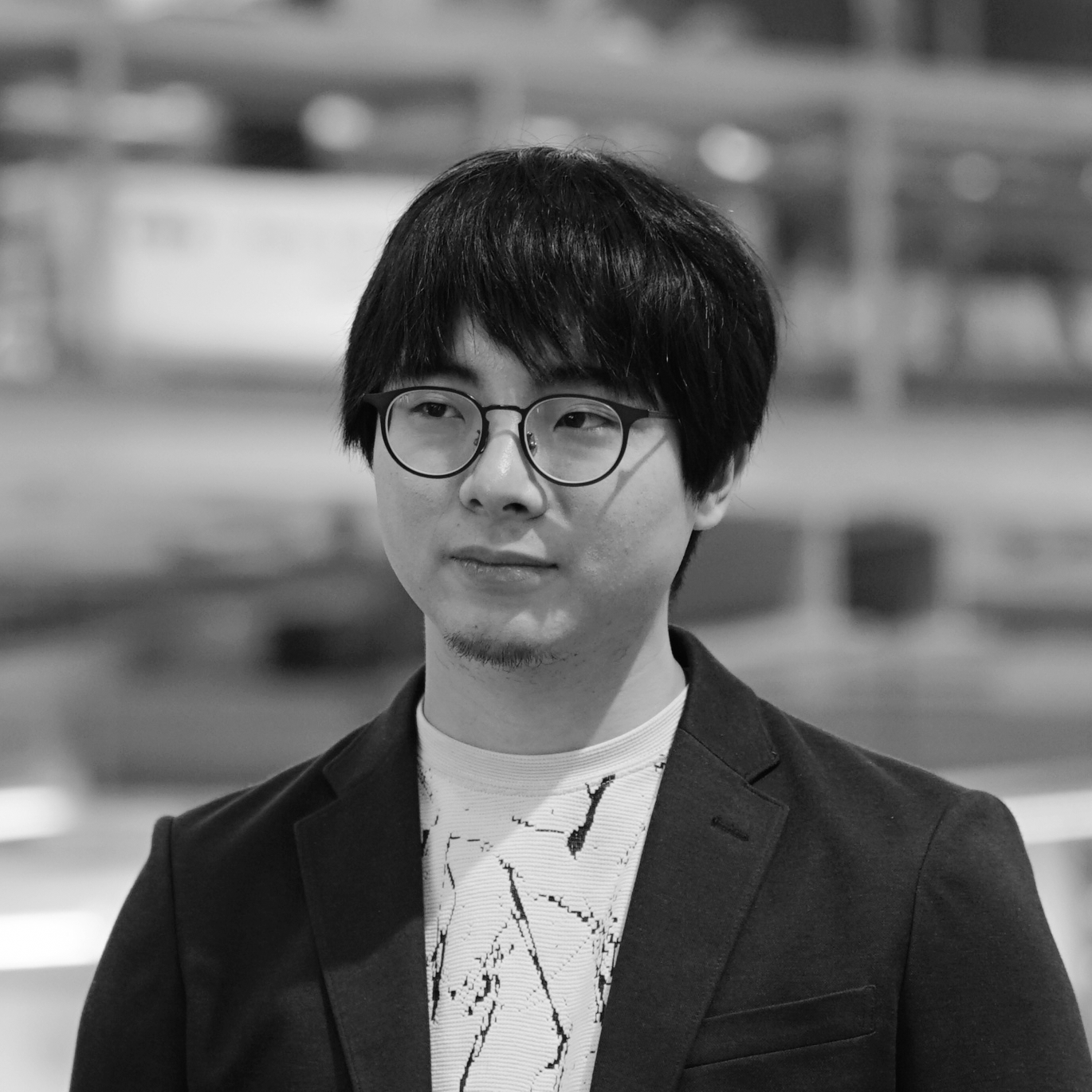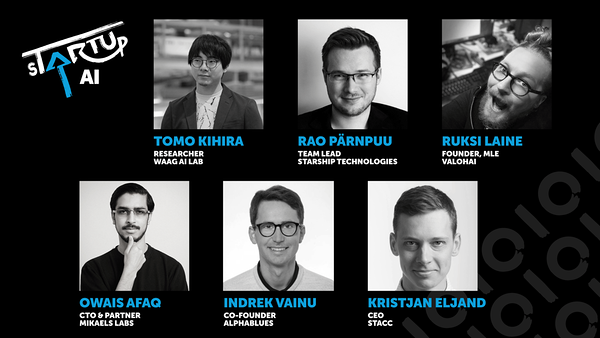
Chief Street Debater Tomo Kihara: “We should be cautious about how we teach AI to make decisions.”
AI is something that everybody is always talking about. Why AI is such a big deal? What's the hype and the future of AI? We had a quick chat about this and the world of AI with Tomo Kihara, a researcher at Waag AI lab who is also named as the Chief Street Debater since he is head of the Street Debaters around the globe.
Tomo will have a talk about the social implications of AI at sTARTUp AI event this Thursday, but here's a little sneak peek.
Tomo, tell us, please: why AI?
The reason why I am interested in AI is that of its social implications around the nature of autonomous decision making. We live in a black boxed world where the structures we have built is using all of us to train itself. In automated ways that we no longer are capable of understanding its full consequence.
For instance, every time someone watches a video on Youtube, it gets better at suggesting a video that the user will watch longer to increase ad revenue. It has no concerns if the video it is suggesting is a propaganda spreading violent ideologies or fake news. We have no idea how much it has already changed our society.
What’s currently hot in the AI field?
AI surveillance infrastructure in smart cities is the most impactful field since it changes the way people behave in public space. A paradigm shift is starting to take place in the meaning and use of a camera. They are no longer a device to record images but is increasingly becoming an active agent that can judge from what it sees. We already have these smart cameras implemented in the cities as we speak.
Shops such as Amazon Go have dozens of cameras splattered on the ceilings that constantly monitors what people took from the shelf to provide a cashier-less shopping experience. These intelligent cameras are being used to identify who you are, where you are going and what you are doing when you are in a public space.
AI is like a little kid. Parents have to teach kids what’s good and bad by showing examples. If you show only bad examples, the little kid grows up to be a bad person doing harm.
What excites you the most about it?
It is a double-edged sword that needs to be treated with extreme caution. As the saying goes, all new technologies invent new accidents such as car crashes. I think the accident that the AI will create if handled wrongly is catastrophic.
What do you think, what is the future of AI?
The biggest thing I fear is the use of AI to automate tasks involved in surveillance because it will lead to automated law enforcement on a state level. I fear that these systems will turn into ‘digital panopticons’, where citizens start self-regulating their behaviours in fear of being constantly monitored by AI. Laws targeted at ethnic minorities can be easily installed such as immediately fining women detected without hijab on a surveillance camera.
How would you explain AI to a kid?
AI is like a little kid. Parents have to teach kids what’s good and bad by showing examples.
If you show only bad examples, the little kid grows up to be a bad person doing harm.
Tomo Kihara is the speaker of the event sTARTUp AI taking place on 13th December in Tartu, V Spa Conference Centre. It is a part of the event series sTARTUp Talks. It's the official side event series of sTARTUp Day. And the good news is we have some tickets left - get yours HERE
